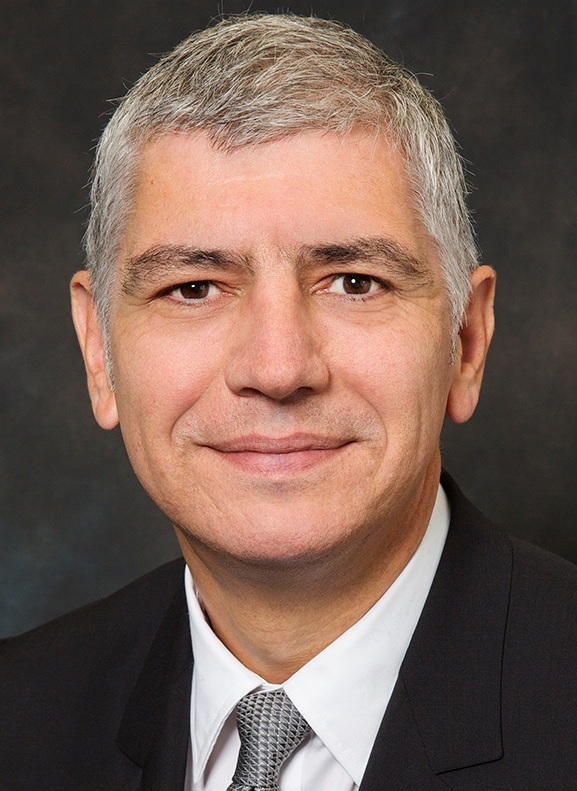 |
8th
INTERNATIONAL CONGRESS and 13th NATIONAL of
CLINICAL PSYCHOLOGY
19-22
NOVEMBER 2015, GRANADA
(SPAIN)
|
 |
Michael
Kyrios President, Australian Psychological Society The Australian National University, Canberra President 8th World Congress of Behavioural and Cognitive Therapies AUSTRALIA |
|
Professor Michael Kyrios is
currently Director of the Research School of
Psychology at the Australian National University
having previously undertaken academic, practice,
professional & administrative roles. He is
currently President of the Australian
Psychological Society (APS). Michael’s research
focuses on obsessive-compulsive spectrum
disorders, anxiety and mood disorders,
depression, chronic medical illness, and
psychological treatments, including e-therapies.
His research and conceptual frameworks encompass
behavioural, cognitive, neuropsychological,
developmental and self-based methodologies.
Michael has received over $16 million in grant funding and has over 120 publications. He has undertaken editorial responsibilities for journals including Behavior Therapy, Behavioural and Cognitive Psychotherapy, and Journal of Obsessive-Compulsive & Related Disorders. He chaired the Scientific Committees for the 2010 International Congress of Applied Psychology and 2016 World Congress of Behavioural and Cognitive Therapies. Michael received the 2013 Ian M Campbell Memorial Prize in Clinical Psychology and the 2011 Citation for Excellence from the American Psychological Association. CONFERENCE ABSTRACT Developments in the treatment of Obsessive Compulsive Disorder: From the Internet to the Self. Cognitive-behavioural conceptualizations of Obsessive Compulsive Disorder (OCD) have led to effective psychological treatments. Despite the effectiveness of cognitive-behaviour therapy (CBT), outcomes vary with recovery rates of only around 40% - 50%. Furthermore, the dissemination of CBT is hampered by the paucity of specialist clinicians, geographic remoteness from services and consumer reticence to present for treatment. In response, researchers have sought to identify factors predictive of poorer outcomes in order to develop novel treatments based on new theoretical approaches and to use digital technologies to disseminate treatments. This talk outlines findings from our group’s OCD treatment evaluations, including a group-based CBT manual and an online therapist-assisted program. Furthermore, the talk overviews research focusing on the association between OCD phenomena and self-construals. A conceptual model of OCD incorporating cognitive and self-factors is presented, and recommendations made regarding future developments in the treatment of OCD. |
|